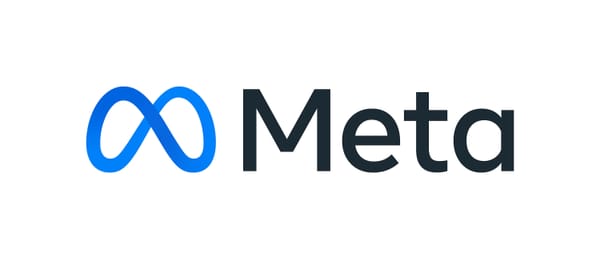Skandinavska Enskilda Banken

Skandinaviska Enskilda Banken (SEB) is a leading Nordic financial services group with a rich history dating back to 1856. Here are some key details about the bank:
History and Background
SEB was founded in 1972 through the merger of Stockholms Enskilda Bank (established in 1856) and Skandinaviska Banken (established in 1864). The bank traces its origins to André Oscar Wallenberg, who founded Stockholms Enskilda Bank as Stockholm's first private bank. SEB has played a crucial role in the industrialization of Sweden and Northern Europe since its inception.
Operations and Services
SEB operates primarily in the Nordic and Baltic countries, with a focus on corporate and investment banking in several European markets. The bank offers:
- Full financial services in Sweden and the Baltic countries
- Corporate and investment banking services in Denmark, Finland, Norway, Germany, and the United Kingdom
- Private wealth management and family office services
- Asset management services
Financial Position
As of 2021, SEB had:
- Total assets of SEK 3,304 billion
- Assets under management of SEK 2.68 trillion
- Net income of SEK 54.61 billion
Ownership and Structure
SEB is a publicly-listed company, with the Wallenberg family remaining its largest shareholder through the investment company Investor AB. It is the largest Swedish bank by both market capitalization and total assets.
Recent Developments
- SEB has been focusing on sustainability initiatives and green projects.
- The bank has shown interest in expanding its presence in various markets, including recent discussions with Philippine officials about potential investments.
- SEB, like other Nordic banks, has maintained strong earnings and capital levels despite an increase in bad loans due to economic uncertainties.
International Presence
SEB has a local presence in 20 countries and is a member of various international banking associations. The bank's German and Baltic subsidiaries are directly supervised by the European Central Bank due to their significance in the eurozone.
SEB continues to play a significant role in the Nordic financial sector, adapting to changing economic conditions while maintaining its strong position in corporate and investment banking services.
Based on the search results, here are some key points about Skandinaviska Enskilda Banken's (SEB) current valuation:
Market Capitalization
SEB has a market capitalization of approximately:
- SEK 318.31 billion (Swedish kronor)
- $31.29 billion USD
This makes it the 629th most valuable company globally by market cap.
Price Multiples
- P/E (Price-to-Earnings) Ratio: 8.6
- P/B (Price-to-Book) Ratio: 1.5
The P/E ratio of 8.6 is lower than the banking sector average of 10.05, suggesting SEB may be undervalued compared to peers.
Dividend Yield
SEB offers an attractive dividend yield of 5.48%, which is among the top tier in Sweden. The current dividend payout is well-covered by earnings with a payout ratio of 46.5%.
Analyst Price Targets
Wall Street analysts forecast an average 12-month price target of 163.6 SEK for SEB stock.
Recent Performance
- SEB's stock price has increased 21.83% over the past year
- It is currently trading at 155.85 SEK, which is 6.11% below its 52-week high of 166.00 SEK
Valuation Assessment
Some analysts suggest SEB's current share price may be optimistic based on fundamentals. However, other assessments indicate it could be undervalued by up to 36% compared to intrinsic value estimates.
Overall, SEB appears to be trading at reasonable valuation multiples compared to the broader banking sector, with an attractive dividend yield, though opinions vary on whether the current price fully reflects its fundamental value.





